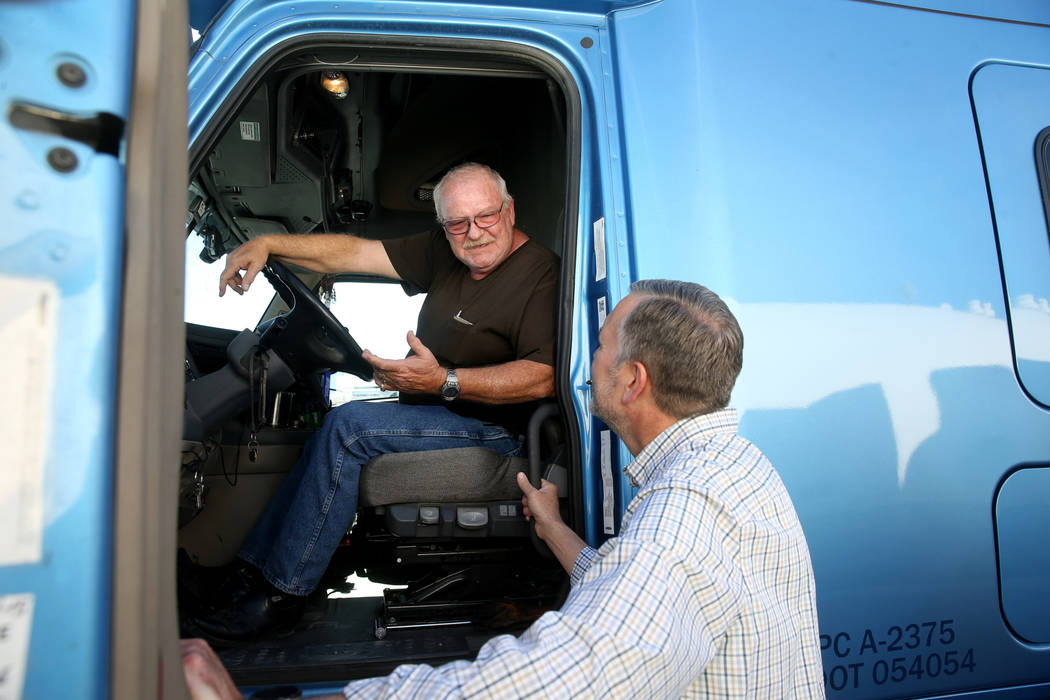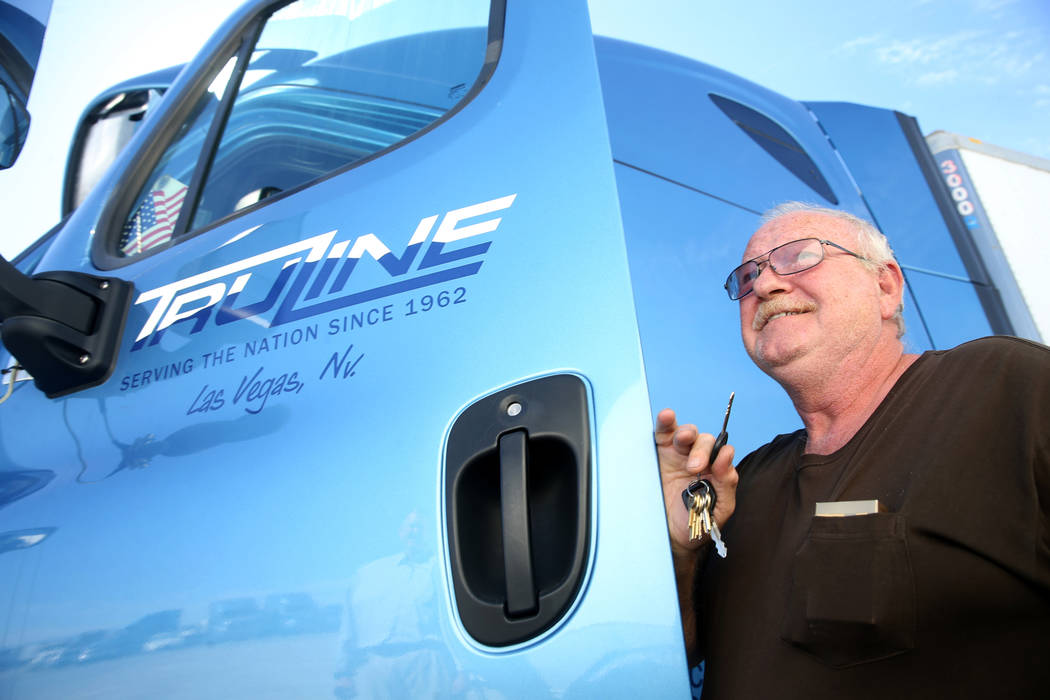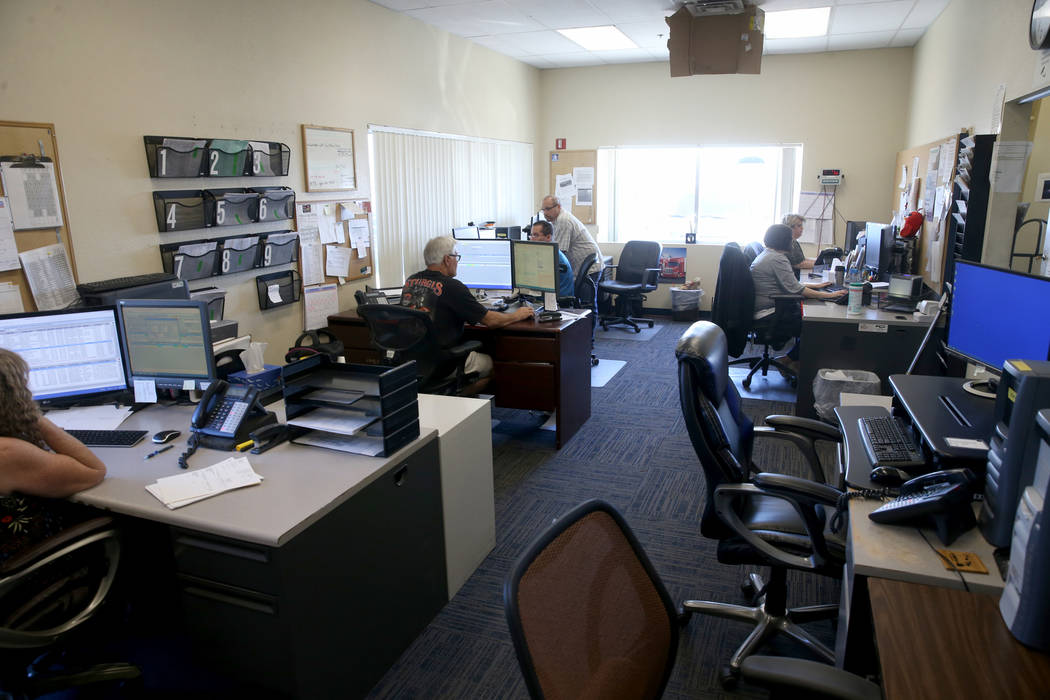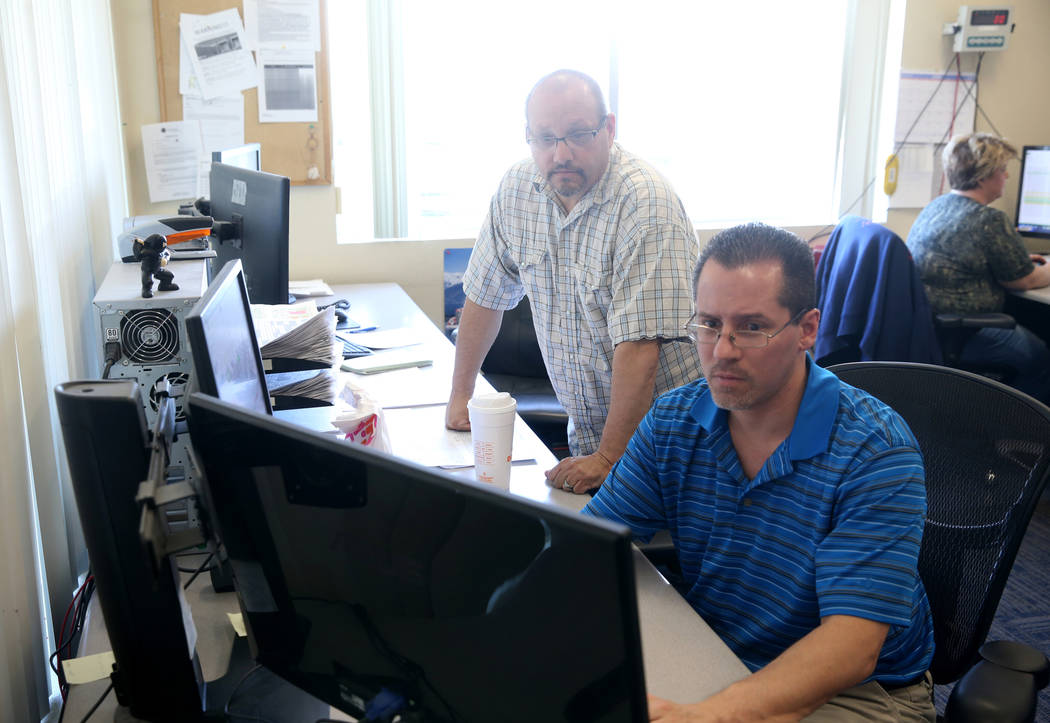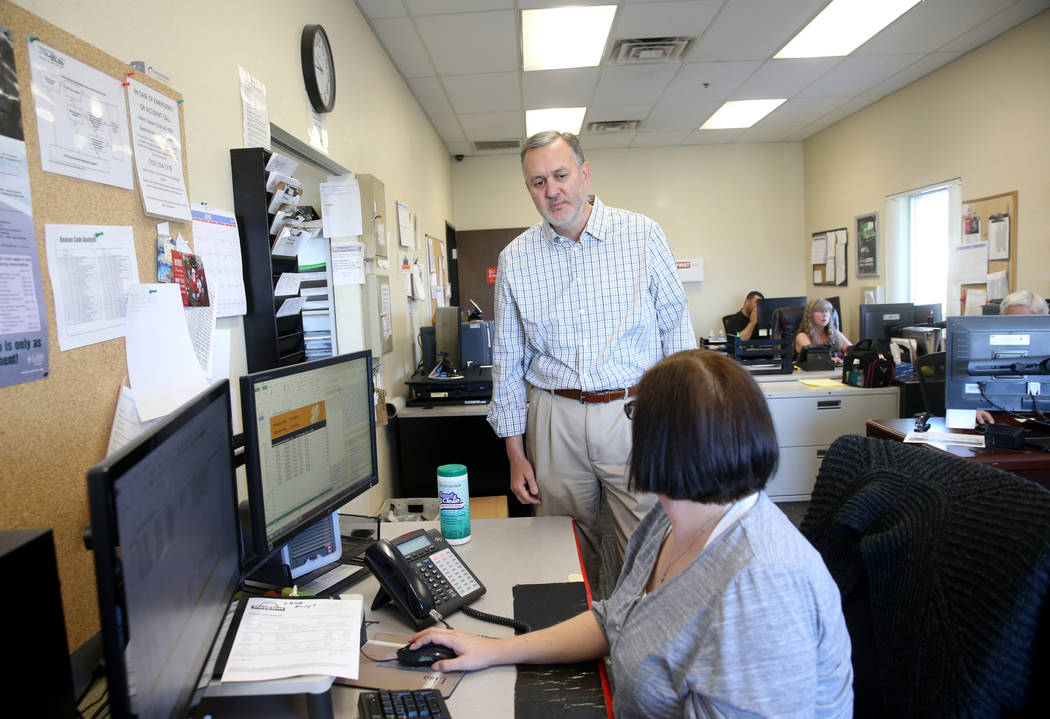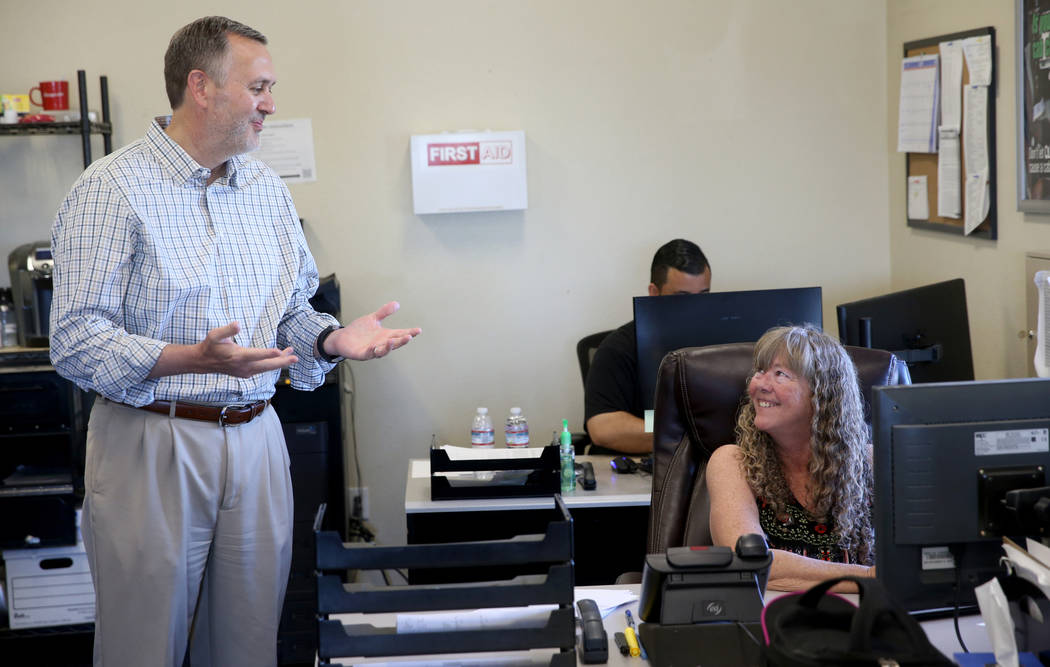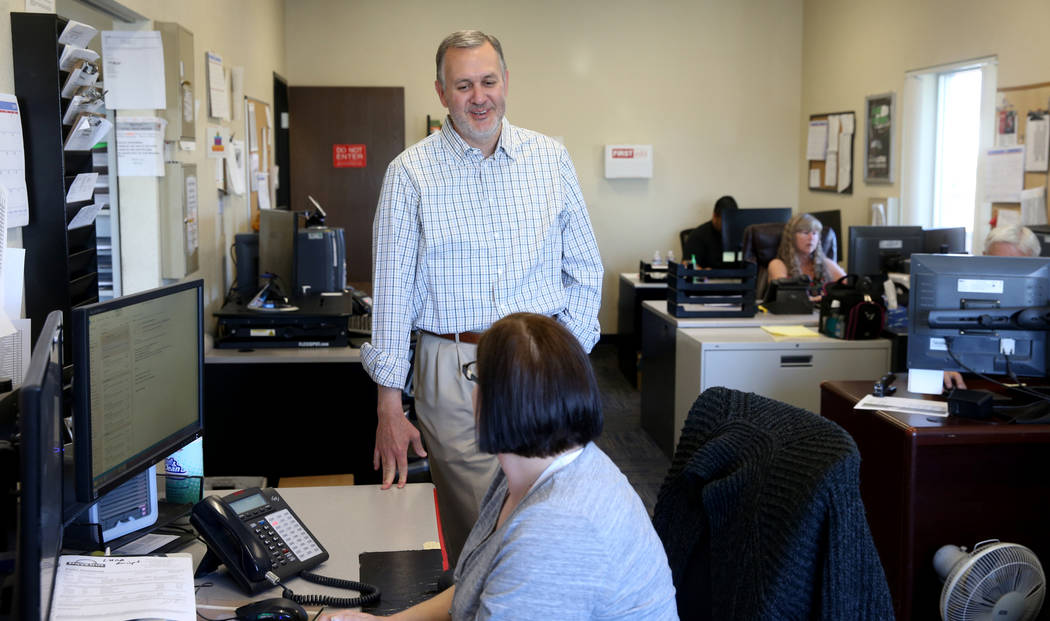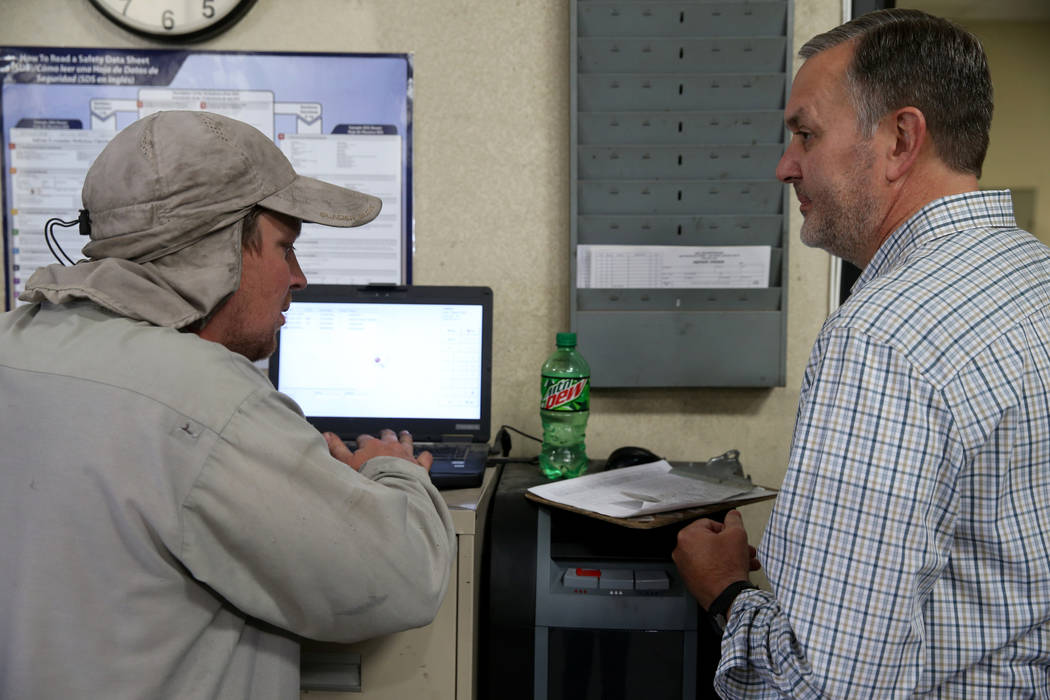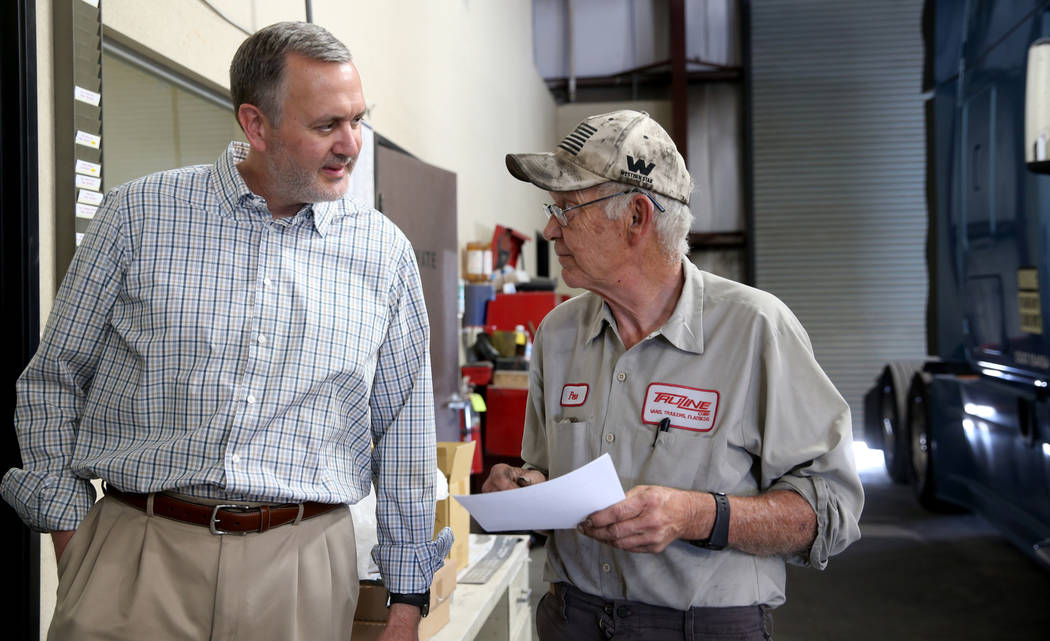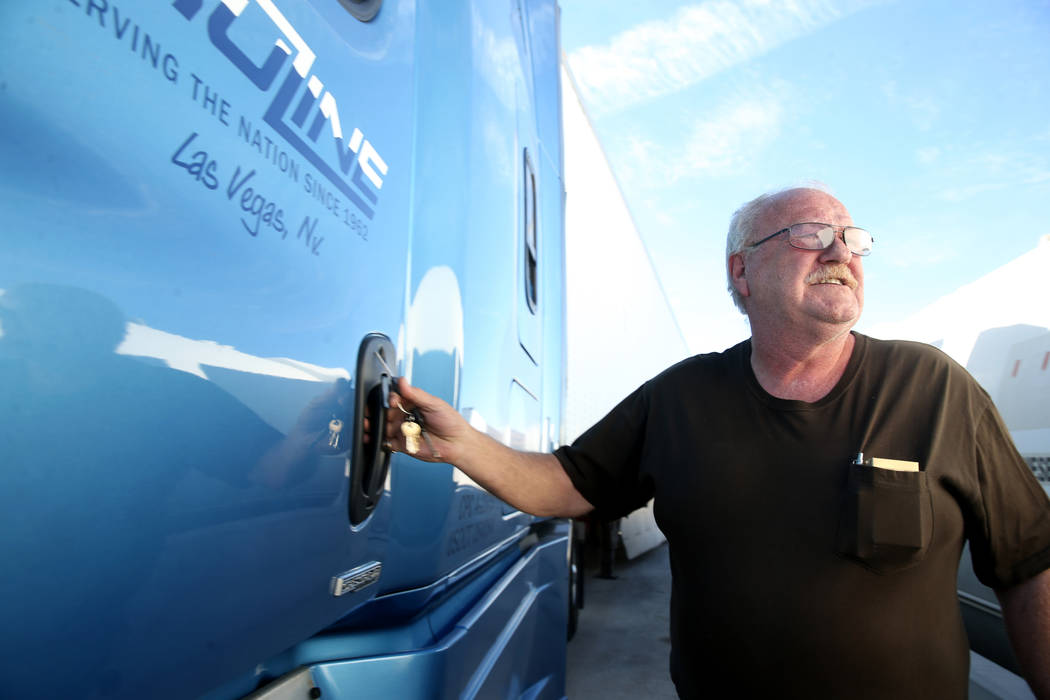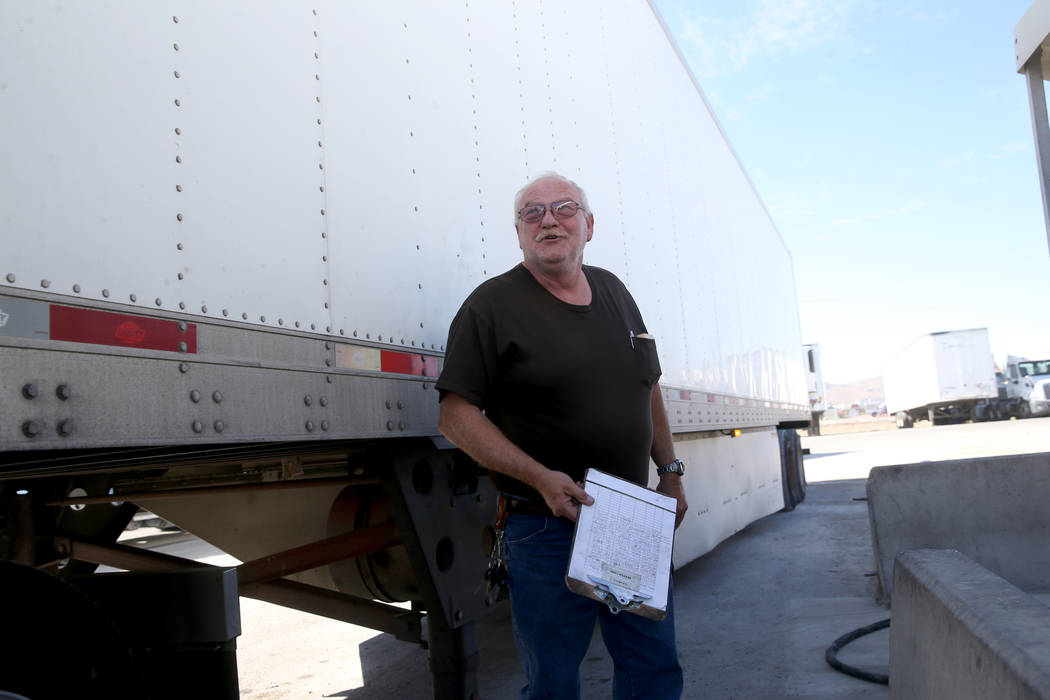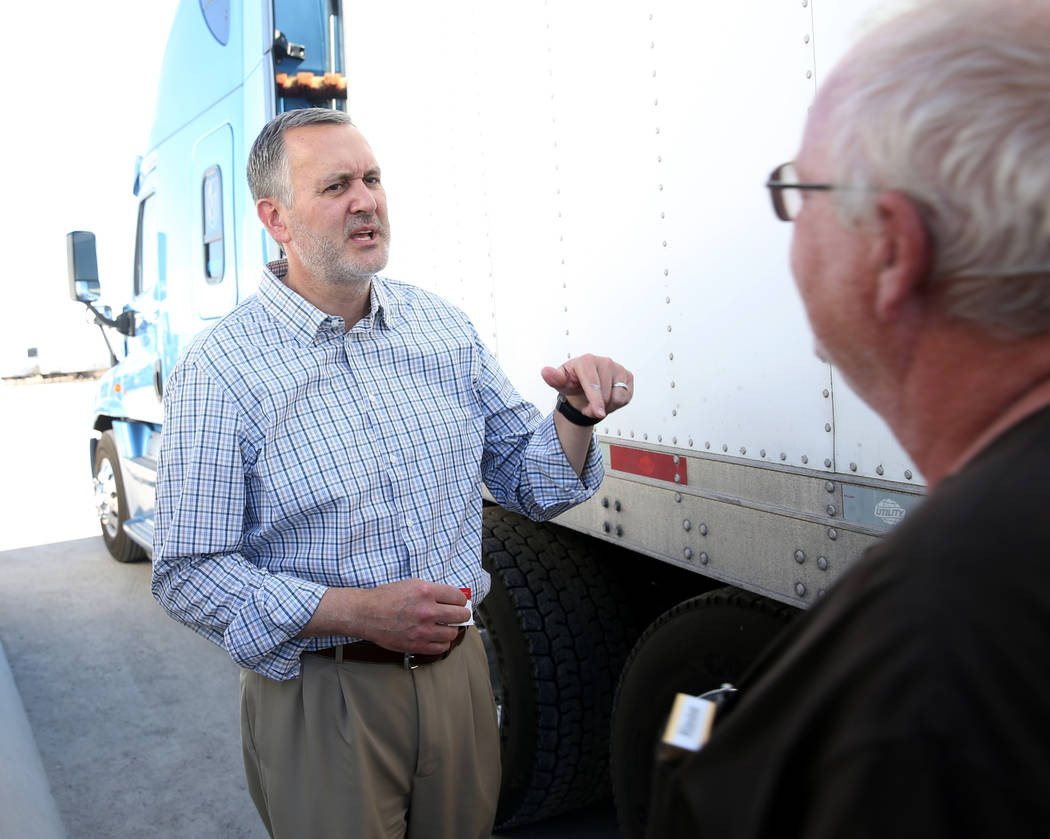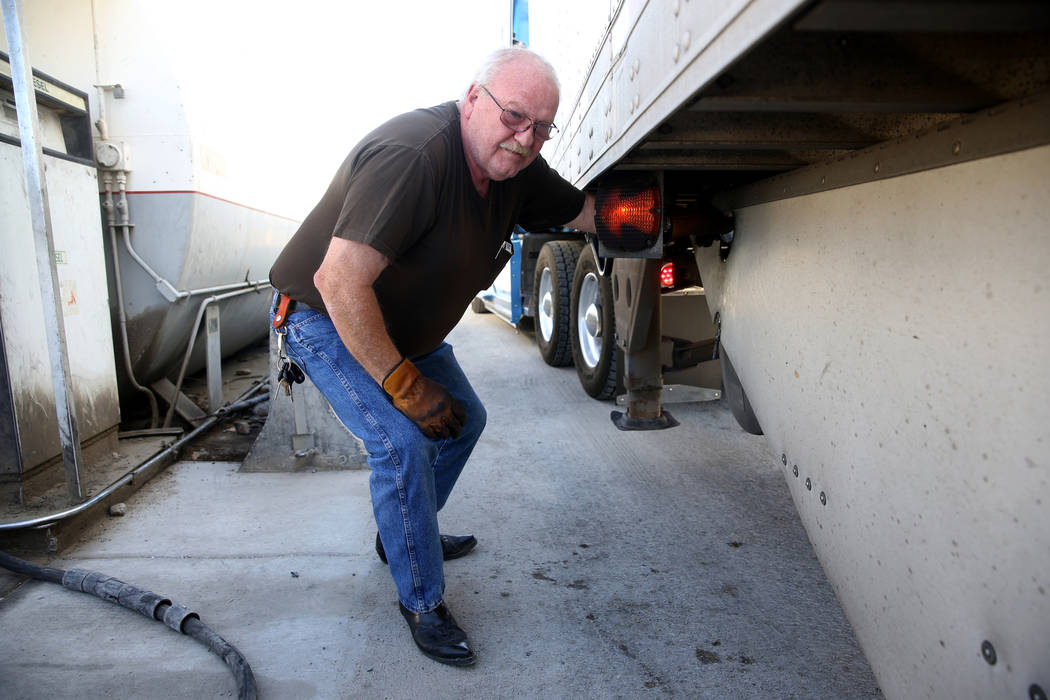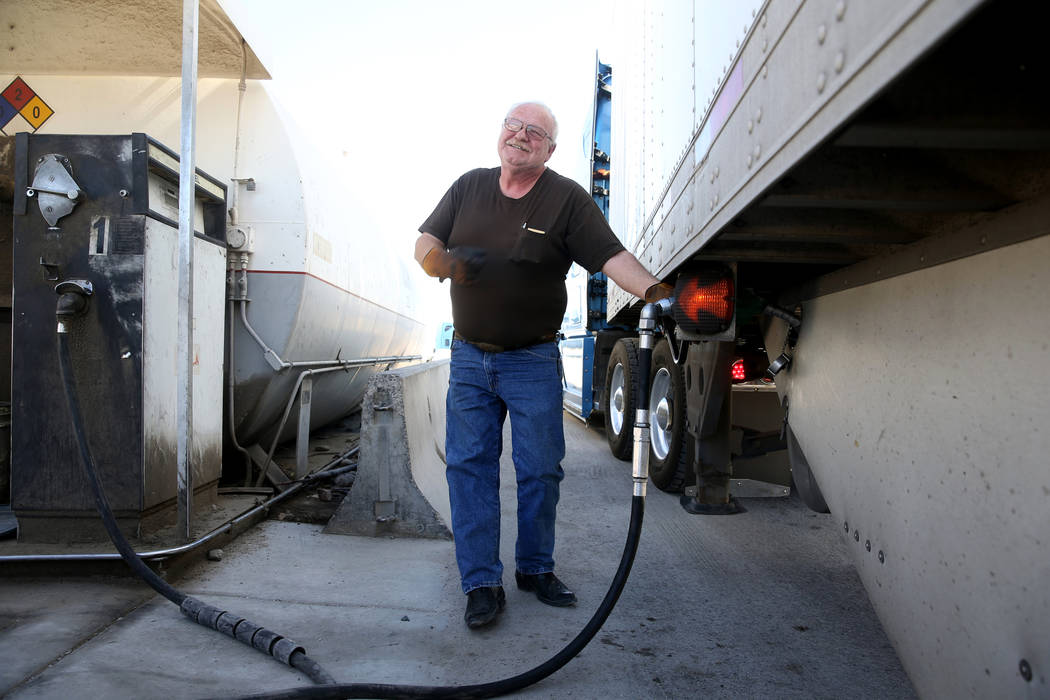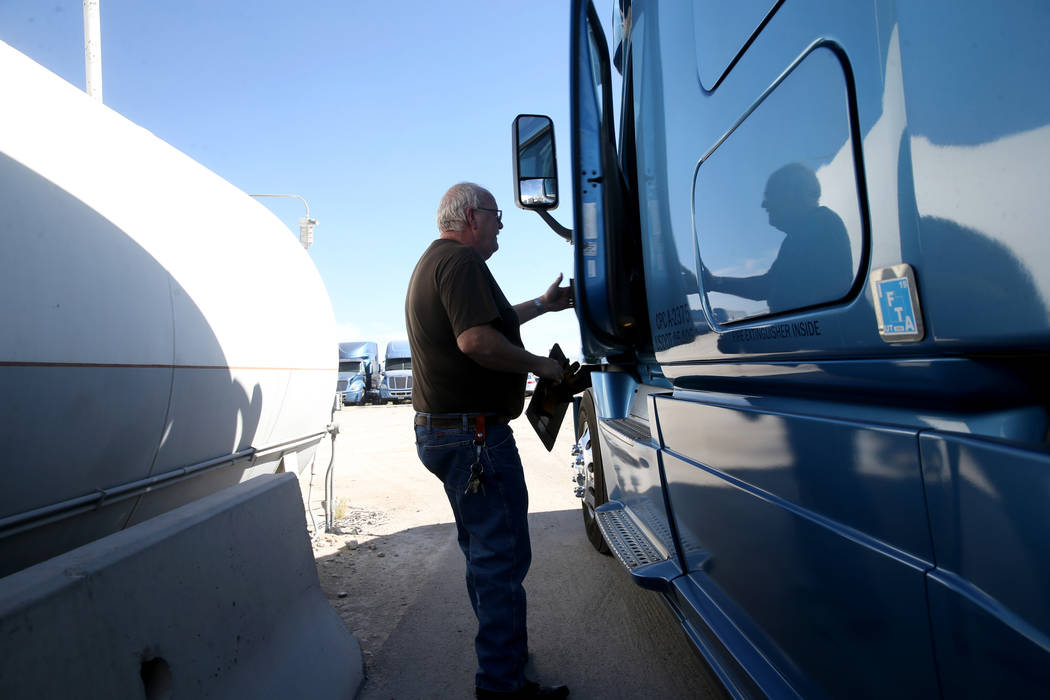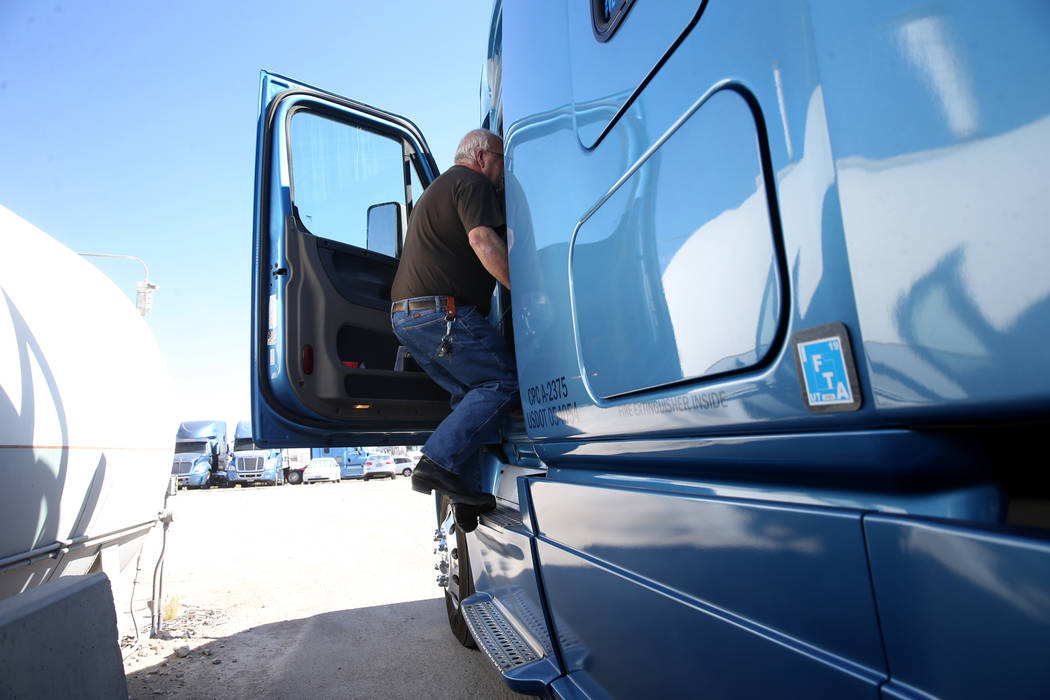Nevada firms barred from using marijuana test to reject job seekers
After nearly two years of allowing recreational marijuana use, Nevada has enacted a law restricting most employers from using a marijuana drug test to reject potential employees.
The move comes as a growing number of Nevada businesses move away from cannabis screening as more job applicants use the recreational drug.
Since the legalization of marijuana, Nevada companies “were having a very difficult time getting employees to test clean,” said business attorney Aviva Gordon of Henderson-based Gordon Law.
Assembly Bill 132 is set to go into effect in January after Gov. Steve Sisolak signed the bill into law last week.
Exemptions
The law has several exemptions, and it won’t apply to positions in which possible marijuana impairment could “adversely affect the safety of others,” including firefighters, emergency medical technicians and drivers. There are additional exemptions for employees who work for the federal government, under a federal grant or a collective bargaining agreement. If an employee has to submit a screening test within the first 30 days of employment, the law allows them to take another test at his or her expense to rebut the results. The law applies equally to private and public companies.
Companies still will be able to test employees for marijuana after they have been hired.
Trucking company Truline’s President Paul Truman, whose employees are exempt from this law, said testing for drug use is an important step in making sure his company and its 240 truck drivers — 130 of whom are Nevada-based — are operating safely.
With issuing a pre-employment drug test, the company conducts random drug tests, post-accident tests and tests when there is reasonable suspicion that someone is working under the influence.
“Safety is our No. 1 priority, and drug testing makes us a safer company,” he said via email. “You do not want a driver who is driving 65 miles per hour while carrying 45,000 pounds of cargo to be impaired, just like you do not want the driver of your child’s school bus to be impaired.”
Overall, Truman said the new law won’t affect the safety of his company, for which drug testing is a federal mandate.
Uncharted territory
Many employers shifted away from testing for marijuana in pre-employment tests shortly after the drug was legalized in Nevada in 2017, according to Thoran Towler, CEO of the Nevada Association of Employers.
Towler estimated that roughly half of his association’s 430-plus members have stopped screening for marijuana in pre-employment drug tests, while most of the rest have started offering retests for prospective employees.
“I only have a handful of employers who say, ‘Absolutely not,’” Towler said.
Last year, several companies — including Caesars Entertainment Corp. — stopped screening job candidates for marijuana use as a condition of employment.
Towler anticipates some hiccups with the implementation of the new law, such as determining what jobs should be considered safety sensitive and whether employers may use that vagueness in the language to block a person’s hiring.
“There’s just a lot of gray area,” Towler said.
Las Vegas-based employment attorney Swen Prior said the difference between the federal and state marijuana laws confuse employers looking to avoid legal consequences when hiring. Under federal law, marijuana is treated as a Schedule 1 drug, like cocaine and heroin.
The law does not apply to the extent that conflicts with federal law, but “the world of marijuana is a mess,” Prior said.
“Employers are caught between these two laws. It makes it very difficult.”
Local wrongful termination employment attorney Christian Gabroy said he expects the Nevada Supreme Court to decide how the state and federal laws will coexist.
“It’s just a matter of time before that issue is tested in court,” he said.
Gordon said the new law does not have an enforcement mechanism laid out in its text, but she suspects those denied employment after a drug test can go to an administrative agent in the state and make a claim against the business or employer.
Prior expects to see several lawsuits pop up next year as some companies take their time changing their hiring practices.
“I think some will be caught flat-footed and won’t have adjusted to these changes,” Prior said. “A couple lawsuits will hopefully wake people up.”
Finding employees
As the local labor market continues to tighten — unemployment in Nevada dropped to 4 percent in April — businesses are having a harder time finding qualified workers. Loosening up marijuana restrictions could help expand the number of prospective employees.
Margie Traxler, the founder and CEO of food manufacturing company Grain Free Mama’s, said she hopes to expand her two-person team in the near future. At this point in time, she doesn’t plan to screen potential employees for marijuana use.
“You won’t have enough employees” if you test everyone, she said. “It’s very popular right now. … As an employer, I can’t dictate their behavior outside of work.”
Traxler said she would start testing if she had to hire workers for her own packaging company, where workers would have to operate heavy machinery.
“You wouldn’t want an unsafe environment,” she said.
Contact Bailey Schulz at bschulz@reviewjournal.com or 702-383-0233. Follow @bailey_schulz on Twitter. Contact Capital Bureau Chief Colton Lochhead at clochhead@reviewjournal.com or 775-461-3820. Follow @ColtonLochhead on Twitter.




